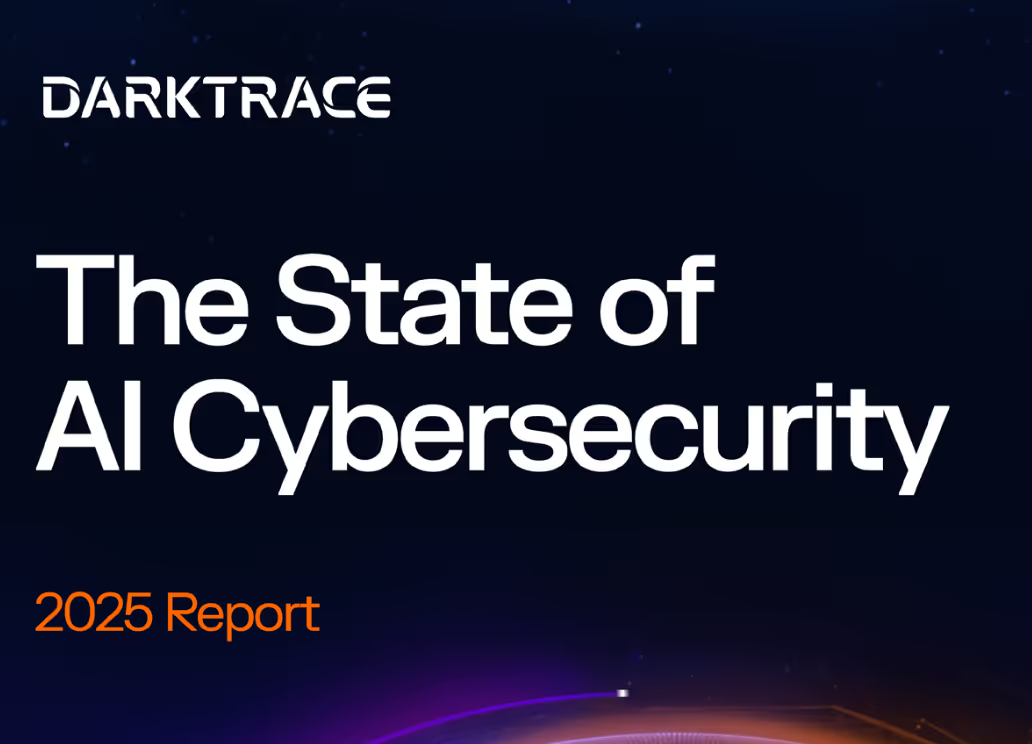Cybersecurity for Oil and Gas
Introduction to Cybersecurity for Oil and Gas
The oil and gas industry is a cornerstone of global energy supply, but its increasing reliance on digital technology and connectivity has exposed it to new cybersecurity challenges. As operations become more sophisticated, so do the cyber threats targeting this vital sector. Ensuring robust cybersecurity for oil and gas is crucial to protect critical infrastructure from potential disruptions, data breaches, and operational hazards. This article delves into the vulnerabilities, specific threats, and effective solutions for safeguarding the oil and gas industry from cyber risks.
Vulnerabilities in the Modern Oil and Gas Industry
The modern oil and gas industry has undergone significant digital transformation, with the integration of the Internet of Things (IoT) and advanced automation technologies to enhance operational efficiency. However, increasing connectivity between physical devices and the internet introduces new vulnerabilities that cybercriminals quickly exploit. A successful cyber-attack, even on the IT side, can result in operational outages losing substantial revenue and affecting the availability of oil and gas to communities.
One of the primary vulnerabilities lies in the widespread adoption of IoT devices, which, while improving data collection and process automation, also opens up multiple entry points for cyber-attacks. These devices often lack robust security measures, making them attractive targets for hackers. Additionally, the industry's reliance on legacy systems, which were not designed with cybersecurity in mind, further exacerbates the risk.
The sophistication of modern cyber threats has also evolved, with attackers using advanced tactics such as ransomware, phishing, and state-sponsored attacks to disrupt operations and steal sensitive data. The oil and gas industry has already witnessed several high-profile cyber-attacks, such as the ransomware attack on Colonial Pipeline in 2021, which highlighted the severe impact that cyber incidents can have on energy supply chains.
As oil and gas companies continue to digitalize their operations, they must remain vigilant against these emerging threats. Implementing robust gas cybersecurity measures is essential to safeguard critical assets and ensure the continued safe and efficient operation of this vital industry.
Learn essential strategies for protecting critical infrastructure from evolving and sophisticated threats in the white paper "Navigating the Complexities of OT & ICS Cyber Risk Management."
Types of Cyber Threats for Oil and Gas
The oil and gas industry faces a wide array of cyber threats, each posing unique risks to its operations and data security. Understanding these threats is crucial for industry professionals to effectively guard against potential attacks and minimize the impact on their operations.
Drilling Technologies and Reservoir Data:
The theft or manipulation of drilling technologies and reservoir data can lead to significant financial losses and operational delays. Cyber-attackers may target these critical assets to gain a competitive advantage or disrupt the supply chain.
Industrial Control System (ICS) Vulnerabilities:
ICS are integral to the functioning of oil and gas facilities, controlling processes such as drilling, refining, and distribution. However, these systems are often outdated and not designed to withstand modern cyber-attacks. Vulnerabilities in ICS can lead to catastrophic consequences, including equipment damage, environmental hazards, and even loss of life.
Remote Operations and Connectivity:
The shift towards remote operations, driven by the need for efficiency and real-time monitoring, has introduced new cybersecurity challenges. Remote access points are potential entry points for cybercriminals, who may exploit weak authentication protocols or unsecured networks to gain unauthorized access.
Disgruntled Employees:
Insider threats, particularly from disgruntled employees, pose a significant risk to oil and gas companies. Employees with access to sensitive data and systems can cause severe damage if they choose to misuse their privileges. Companies must implement strict access controls and continuously monitor user activity to mitigate this threat.
Supply Chain Vulnerabilities:
The oil and gas industry relies heavily on a complex supply chain involving multiple third-party vendors and contractors. Cybersecurity for utilities and other critical components of the supply chain is essential, as a breach in one link can have cascading effects throughout the entire operation.
By understanding these specific cyber threats, oil and gas companies can develop targeted strategies to protect their critical assets. Implementing comprehensive cybersecurity measures, such as advanced threat detection systems, regular security audits, and employee training, is key to mitigating these risks.
Cybersecurity Solutions in the Oil and Gas Industry
Protecting the oil and gas industry from cyber threats requires a multi-faceted approach that combines technology, processes, and people. As the industry continues to evolve, so too must its cybersecurity strategies.
Employee Training and Awareness:
One of the most effective ways to protect against cyber threats is through regular employee training and awareness programs. Employees should be educated on the latest cyber threats, safe online practices, and the importance of following security protocols. This helps to create a culture of cybersecurity within the organization, reducing the risk ofhuman error leading to a security breach.
Security Login Systems and Access Controls:
Implementing strong security login systems and access controls is crucial to prevent unauthorized access to sensitive data and systems. Multi-factor authentication (MFA) should be enforced for all users, and access privileges should be granted based on the principle of least privilege, ensuring that employees only have access to the information and systems necessary for their roles.
Protective Software and Threat Detection:
Deploying advanced protective software and threat detection systems is essential for identifying and mitigating cyber threats in real-time. Intrusion detection systems (IDS), firewalls, and antivirus software should be continuously updated to defend against the latest threats. Additionally, implementing AI-driven cybersecurity solutions, such as those offered by Darktrace, can provide continuous monitoring and adaptive protection, ensuring that oil and gas companies stay ahead of evolving threats.
Protect Against Cyber Threats With Darktrace
Darktrace’s AI-driven solutions provide the adaptive, intelligent defense needed to protect critical infrastructure from the most sophisticated cyber-attacks. With Darktrace, you can ensure the safety and security of your operations, allowing you to focus on what you do best—powering the world. Don’t leave your cybersecurity to chance—partner with Darktrace today and safeguard your future.


























